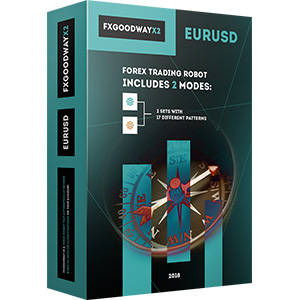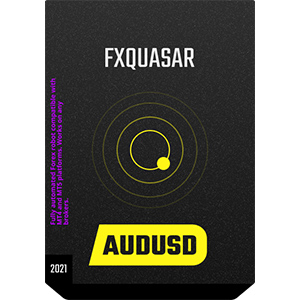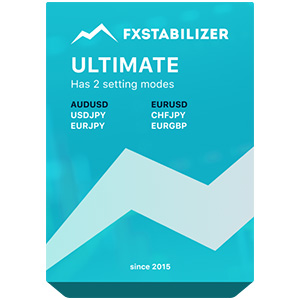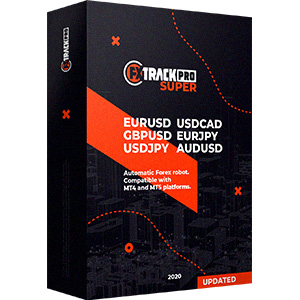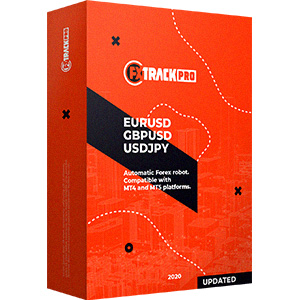
Starting in Forex and understanding the intricacies of how this market operates, you'll inevitably come across the term "speculation." What is speculation in Forex? Despite carrying a somewhat negative connotation, in Forex, this term essentially defines a trader's daily activity, allowing them to profit from the difference between the buying and selling price of an asset. However, speculation can result in both profits and losses, so in speculative trading, risk assessment is crucial: it's about determining whether the profit potential outweighs the potential loss (compensates for risk) or not. Knowing how this works is essential even when using the best Forex robots. Even in automated trading, each deal boils down to Forex speculation.
What Is Speculation and How Does It Work?
Speculation in the Forex market differs from regular currency exchange precisely because it aims to profit based on the price difference between the opening and closing points of a position. It is through currency speculation that a trader's activity can either be successful or lead to losses. Only those who are well-versed in the nuances of technical and fundamental analysis and make use of all available risk reduction tools can qualitatively engage in speculative trading. Therefore, speculation meaning in Forex is essential — it's the cornerstone of a trader's activity and the basis of their earnings.
It's not enough for successful speculation to strive for maximum profit. It's a process that involves monitoring interest rates, moving averages, geopolitical and economic events, understanding market sentiments and psychology, determining whether trends are bearish or bullish, and more. Understanding these intricacies is especially important if you plan to trade with leverage, as this tool not only increases potential profit but can also lead to losses exceeding a trader's working capital.
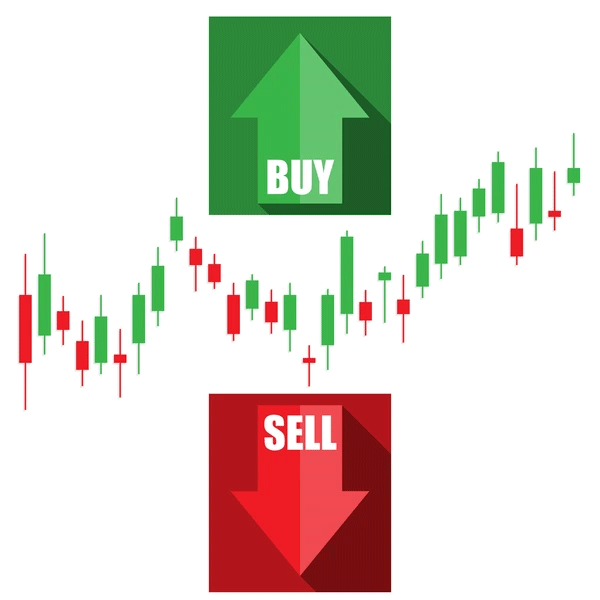
The Psychology of Forex Speculation
The psychology of speculation involves understanding market trends, sentiments, and psychology. Emotions such as fear and greed always affect trading outcomes, but in Forex, these emotions have a clear monetary equivalent and impact on the market. Additionally, a trader's personal trading style is often determined by their temperament. Therefore, Forex speculation trading is closely intertwined with various psychological and social factors.
What to do about it?
- Understanding the emotional component of speculation in the Forex market, one should base any trading decisions on deep analysis rather than fear, greed, the desire to "make up for losses," or impatience.
- Choose a trading strategy that suits your temperament. Some may prefer day trading, which requires concentration on processes; others may prefer playing the long game and opening long or medium positions, allowing them more time to make decisions.
- Utilize trading robots for semi-automatic or fully automated trading to avoid excessive emotional influence on daily work.
- Keep a trading journal and analyze your statistics monthly or semi-annually to optimize your work and increase efficiency.
These secrets of psychological protection increase your chances of long-term success and help make speculation in Forex market your ally rather than a stumbling block.
Key Factors Influencing Forex Speculation
The success of speculation trading is influenced by various factors that determine price movements, trend directions, and overall market dynamics. All these nuances must be considered every time you open or close a position.
Indeed, speculation trading is influenced by:
- GDP growth rates, unemployment, inflation, interest, and other economic indicators.
- Central banks may make decisions regarding monetary policy, which also need to be tracked to understand which directions become the most promising and which, on the contrary, are risky.
- News about events such as elections, geopolitical tensions, trade disputes, and geopolitical crises also need to be monitored as part of conducting fundamental analysis, as this also becomes a prerequisite for profitable (or not) speculation trading.
- Market sentiment should also be taken into account. Indices to determine fear and greed reflect whether bulls or bears are pushing harder and forming trends.
Considering all these criteria and factors that form the basis of technical and fundamental analysis, each trader makes decisions that align with their forecasts, capabilities, and chosen strategy.
Popular Forex Speculation Strategies
Having understood what is currency speculation, let's move on to the most interesting part — choosing a strategy. A strategy is a set of rules and conditions that a trader follows in their daily activities. You can practice several strategies simultaneously, forming your trading style. However, currency speculation is a typical template that everyone can use, adapting it to their own pace of work, capital, market understanding, and so on.
Speculation strategies are always aimed at making a profit from trading operations with currency pairs. The most effective are considered the following ones:
- Day trading strategies (short-term high-frequency operations taking place within a single day).
- Scalping — opening and closing multiple positions within seconds or minutes. Traders profit from small price fluctuations, low spreads, and large volumes of each position.
- Swing trading, which allows holding positions from several days to weeks, benefiting from medium-term price trends.
- Breakout trading targets the trader's search for points where the price breaks above or below a key level of support or resistance, helping to earn on the assumption that the existing trend will continue.
- Range traders add excitement to market speculation: they try to buy an asset at the lower boundary of the price range and sell it at the upper boundary.
In addition to the described strategies, you can choose a news trading strategy, carry trading, and other options. Each strategy has its pros and cons, so no one will tell you which one is the best for speculation in Forex. You will have to determine this on your own through practical experience.
Speculation in Other Markets
If you think speculation is exclusive to the Forex market, think again. In reality, speculation occurs wherever there is profit potential. This applies to the stock market, bond market, derivatives, real estate, and more. As more investors enter each of these spheres, trading volumes increase, and the market attracts even more participants. However, speculators can increase liquidity create favorable conditions for economic development, and create a "bubble" — an artificial frenzy around a particular asset (whether it be real estate, currency, or bonds). In the event of such a bubble, the market collapses, leading to crises, as was the case in the early 2000s, for example.
Therefore, speculative trading has been and remains a popular phenomenon, both in financial markets and in commodity markets, real estate, the bond market, and so on. While it brings benefits, it requires regulation and an even distribution of pressure between bulls and bears to keep the market balanced and continue to operate effectively.

Risk Management in Speculation
Speculative trading is extremely risky. Any profit for one trader means that someone else is simultaneously experiencing losses. It's a roller coaster where you need to carefully monitor where the price is heading: up or down, and also when to buy and sell.
- Despite its significant profit potential, speculative trading sometimes forces novices to dive into activities without properly assessing or managing risks. However, this step can help you find the best entry and exit points, make effective trading decisions, and act confidently.
- Risk management in speculation should also focus on position sizing. You should never risk your entire capital, as one mistake could mean the end of your trading career. Be very wise in assessing your capabilities and allocating your working capital. Allocate only what you can afford to lose without sacrificing your trading journey.
- Utilize indicators and expert forecasts and conduct your own fundamental and technical analysis — don't rely solely on intuition as even the most professional traders cannot afford this luxury.
- Always assess the risk-reward ratio to compare the expected profit with potential losses. Speculative traders aim for a 1:2 ratio, considering it the optimal ratio that can compensate for losing trades in the long run.
Finally, another piece of advice: try to diversify assets and distribute them so that if part of your capital fails in operations, the rest remains and works for you.
The Bottom Line
Speculative trading is a realm where you can both earn a lot and lose a lot. Whether you encounter more victories or defeats largely depends on the strategy you choose, whether it suits your trading style, and whether you can consider all market conditions. As long as fear and greed govern the market, bulls and bears push the market, maintaining balance in it. However, you must be very careful: some trends persist and create a deceptive sense that the trend will continue... and it reverses at the most unexpected moment (if you haven't relied on technical indicators and forecasts). Thus, speculative activity in Forex is potentially profitable but not as simple as it seems. However, now you know where the pitfalls are hidden and how to act correctly.



